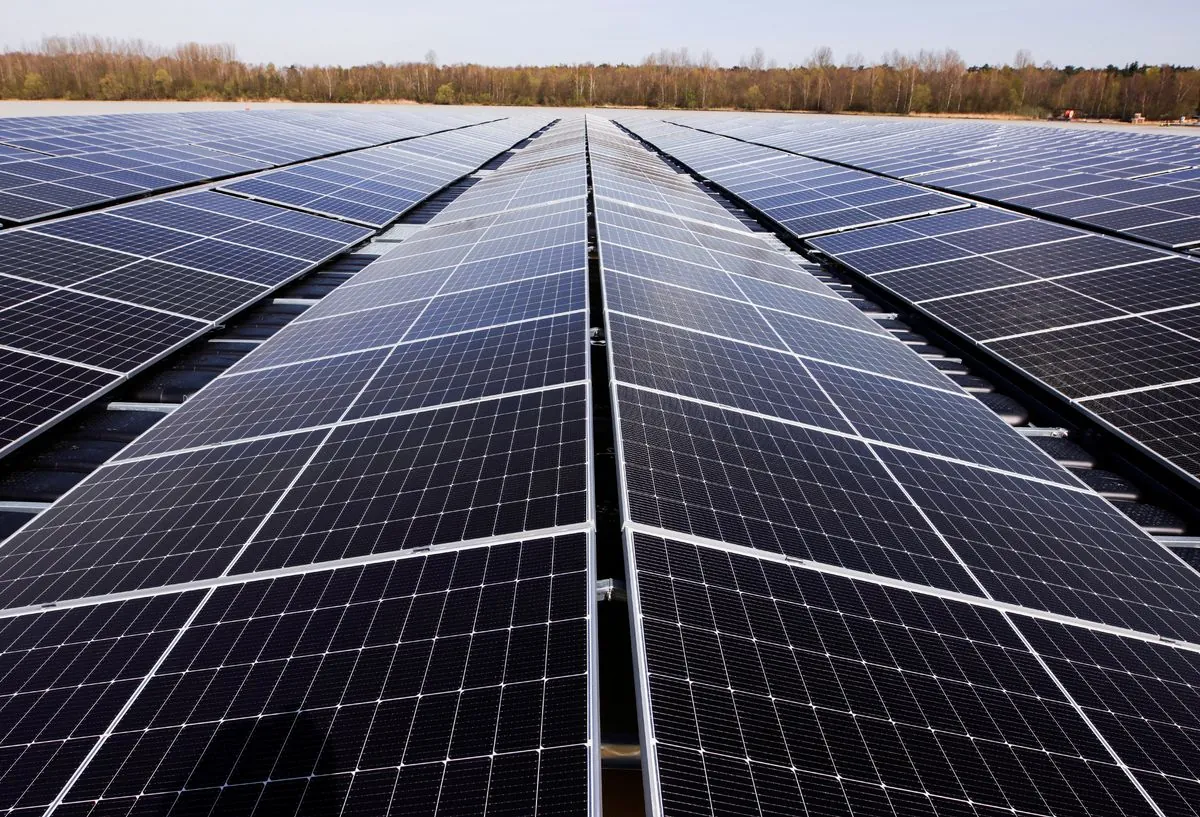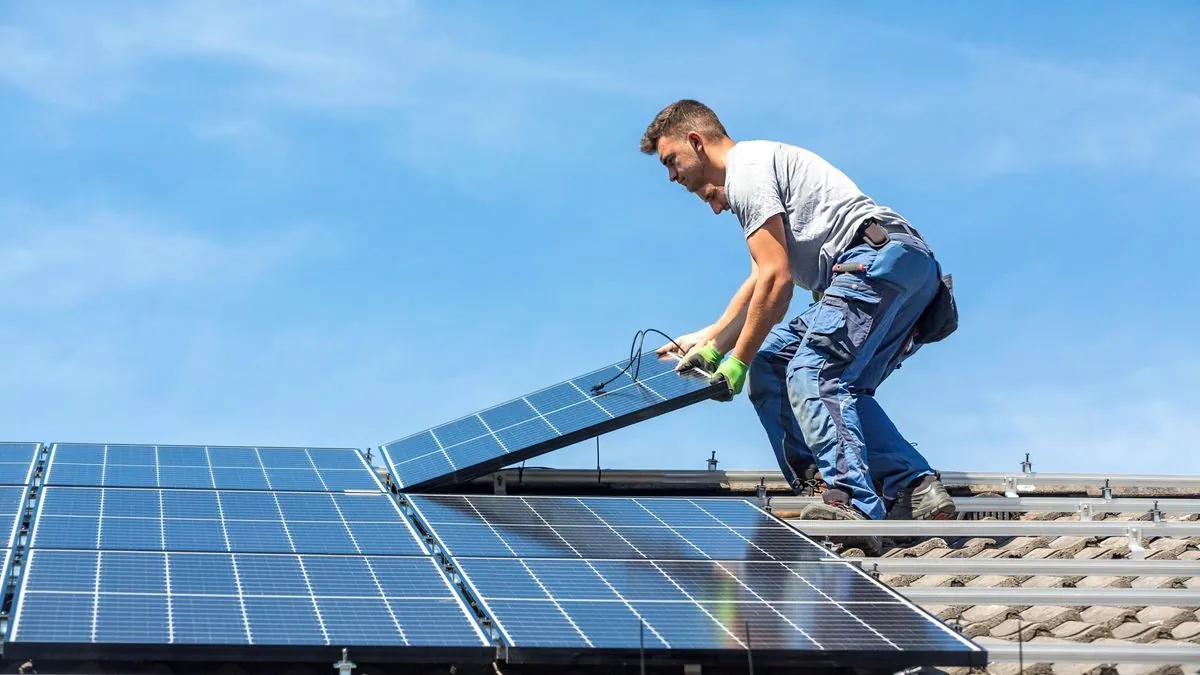Germany Rebuts Trump's Energy Claims, Mocks Pet-Eating Assertion
Germany's foreign ministry refuted Donald Trump's criticism of its energy policy and mocked his false claim about immigrants eating pets. The ministry highlighted Germany's progress in renewable energy and plans to phase out fossil fuels.

In a recent development, Germany's foreign ministry has responded to statements made by Donald Trump during a debate with Vice President Kamala Harris. The ministry utilized the social platform X to address Trump's inaccurate assertions about German energy policy and a false claim regarding immigrants' behavior.
The debate, which took place on September 10, 2024, saw Trump criticizing Harris' energy transition plans and making an unfounded statement about Haitian immigrants in Springfield, Ohio, allegedly consuming pets and wildlife from parks. In response, Germany's foreign ministry posted:
"Like it or not: Germany's energy system is fully operational, with more than 50% renewables. And we are shutting down – not building – coal & nuclear plants. Coal will be off the grid by 2038 at the latest. PS: We also don't eat cats and dogs. #Debate2024"
This statement highlights Germany's commitment to its Energiewende (energy transition) policy, which is considered one of the most ambitious renewable energy initiatives globally. The country aims to reduce greenhouse gas emissions by 65% by 2030 compared to 1990 levels, demonstrating its dedication to combating climate change.
Germany's renewable energy sector has become a significant employer, providing jobs for over 300,000 people. This transition has not only environmental but also economic benefits, contributing to Germany's position as the largest economy in Europe and the fourth-largest worldwide.
The ministry's response also addressed Trump's previous criticisms during his 2017-2021 presidency, which often focused on Germany's trade surplus with the United States and its defense spending. It's worth noting that Germany expects to meet the NATO target of spending 2% of GDP on defense this year, addressing one of Trump's long-standing concerns.

Germany's progress in renewable energy is part of a broader strategy that includes phasing out nuclear power by the end of 2022 and coal by 2038 at the latest. This approach aligns with the country's role as a founding member of the European Union and NATO, showcasing leadership in both economic and environmental policies.
While Chancellor Olaf Scholz has not directly endorsed Harris, he praised her in July 2024 as a "competent and experienced politician." This statement, coupled with Germany's response to Trump's assertions, suggests potential implications for US-German relations should Trump be re-elected.
As the debate continues, it's crucial to consider Germany's broader context. The country is home to over 400 universities, more than 6,200 museums, and has one of the lowest youth unemployment rates in the EU. These factors contribute to Germany's strong position on the global stage, both economically and culturally.
In conclusion, Germany's response to Trump's statements underscores the country's commitment to renewable energy and fact-based discourse in international relations. As the world watches the unfolding US election process, the implications for global partnerships and environmental policies remain a topic of significant interest.


































